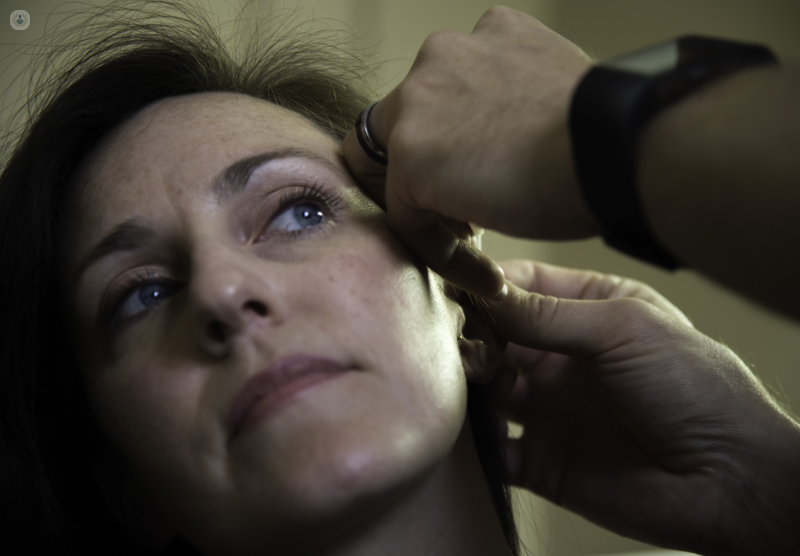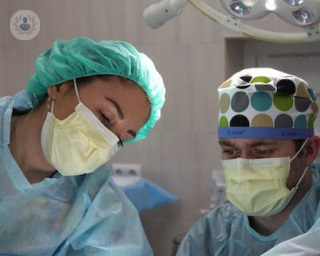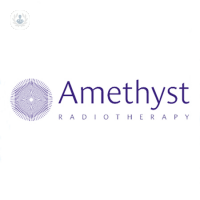Acoustic neuroma
Mr Mriganka De - Otolaryngology / ENT
Created on: 12-17-2015
Updated on: 09-19-2023
Edited by: Conor Dunworth
What is acoustic neuroma?
An acoustic neuroma is a benign tumour which grows on the vestibular nerve, the nerve which connects your inner ear to your brain. In some cases, the tumour can grow rapidly and begin to put pressure on the brain, whereas in other cases the tumour can grow very slowly or not at all.
What are the symptoms of acoustic neuroma?
Symptoms arise from the pressure that the tumour puts on the nerves responsible for your balancing and hearing. Therefore the most common symptoms include:
- vertigo
- tinnitus (ringing in the affected ear)
- gradual hearing loss
Other, less common symptoms may also occur, such as:
- dizziness
- difficulty in understanding speech
- numbness or pain in the face or ear
- loss of balance
- weakness in the face
How is acoustic neuroma diagnosed?
Acoustic neuroma is usually difficult to diagnose because the symptoms are subtle and can develop very gradually. The main methods of diagnosis are hearing tests and imaging, such as a head CT scan or MRI scan.
If you already have a diagnosis of neurofibromatosis type 2, however, then you are likely to receive head scans on a regular basis.
What are the causes of acoustic neuroma?
The causes of acoustic neuroma are generally unknown. If it occurs in both ears (bilateral vestibular schwannomas), the cause is usually neurofibromatosis type 2, a hereditary disease.
What is the treatment for acoustic neuroma?
If the tumour is growing slowly, surgeons are likely to adopt a “wait and see” approach, with regular scans and hearing tests to assess the rate of growth.
If treatment is required, the main options are:
- radiotherapy – this involves delivering a precisely targeted dose of radiation to the tumour to destroy it without damaging the surround tissue. If, however, the radiation damages the vestibular nerve, risks can include hearing loss, tinnitus, balance problems and facial weakness.
- surgery – if the tumour is large or growing quickly, surgery may be the recommended option. This is performed under general anaesthesia and involves attempting to remove the whole tumour. As with radiotherapy, hearing loss and facial weakness are risks if the vestibular nerve is damaged during the procedure.














